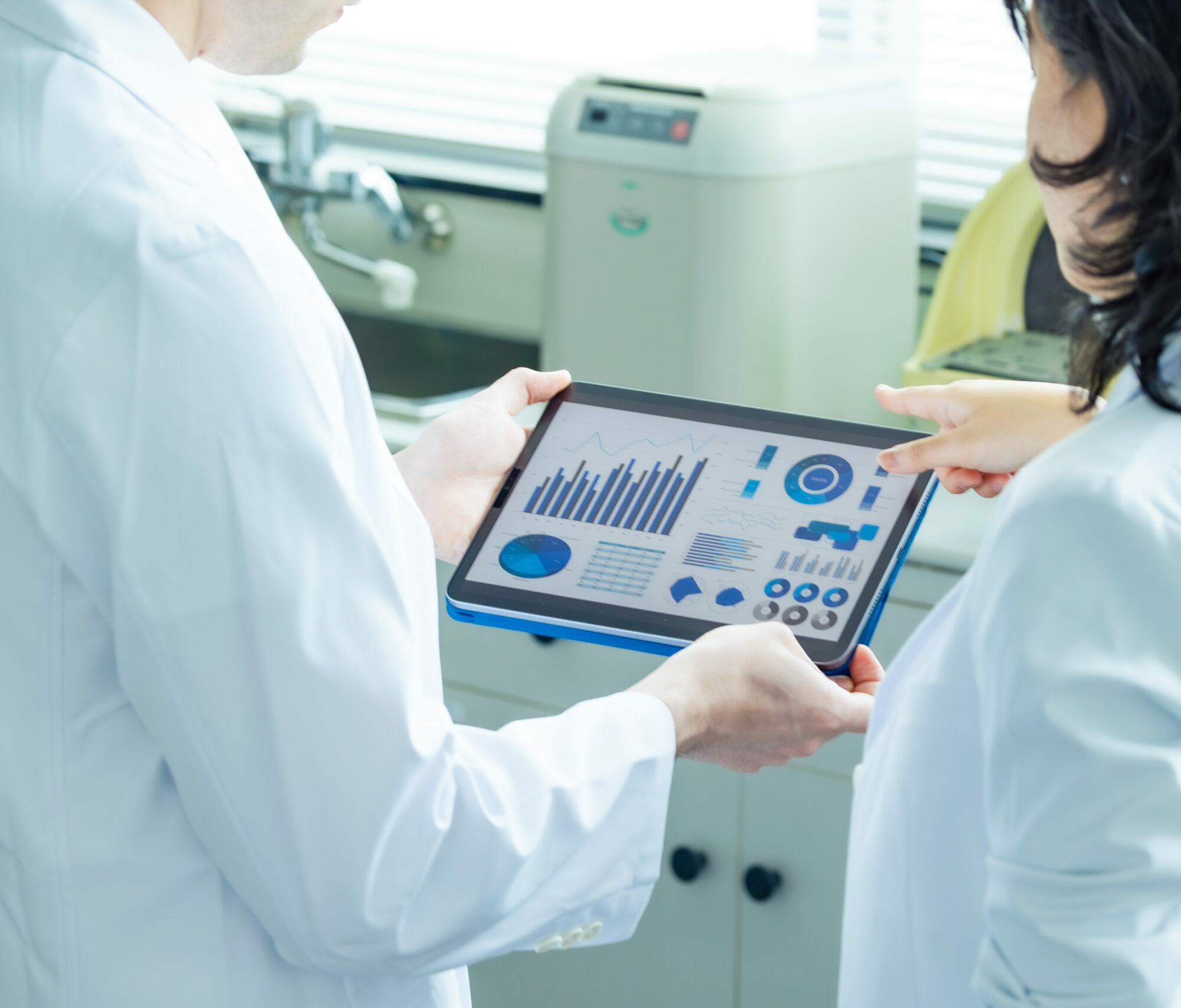What is the value of real-world patient data?
Real-life patient data, generated during routine medical practices, provides a wealth of information beyond controlled clinical studies. This data includes patient demographics, treatment outcomes, disease progression, and patient-reported outcomes, offering a holistic view of treatment performance in everyday settings. Leveraging this data can lead to enhanced treatment outcomes and better regulatory support from agencies like the FDA (Food and Drug Administration) and EMA (European Medicine Agency), which are increasingly recognizing real-life data in the approval process for new treatments.
How to capture real-world patient data?
The pharmaceutical industry is transforming its approach to collecting and analyzing real-world evidence (RWE). Digital devices, applications, and advanced technologies are revolutionizing the gathering and utilization of patient data, offering unprecedented insights into disease progression, treatment efficacy, and patient experiences.
Connected devices and mobile applications enable continuous, real-time data collection from patients in their natural environments. Wearable technologies such as smartwatches and fitness trackers capture physiological data. For instance, the Apple Heart Study, conducted with Stanford Medicine, used the Apple Watch to identify atrial fibrillation in over 400,000 participants, showcasing the potential of wearables in remote health monitoring.
Health apps are increasingly used to track symptoms, medication adherence, and lifestyle factors. The FLOODLIGHT Open study by Roche employs a smartphone app to monitor multiple sclerosis patients, collecting data on hand function, walking ability, and cognitive performance.
Similarly, digital platforms for patient-reported outcomes (ePRO) streamline the collection of subjective health information. The PROACT portal, developed by the UK’s National Health Service, allows cancer patients to report symptoms and side effects electronically, enabling timely interventions and improving patient care.
Learn more about how our team can support you in your projects related to digital health >
How impactful are advanced technologies in data analysis?
The integration of artificial intelligence (AI), machine learning (ML), and natural language processing (NLP) are transforming the analysis and interpretation of real-world data. AI and ML algorithms process vast amounts of patient data, identifying patterns and making predictions that aid in early diagnosis and personalized treatment. For example, researchers at Mount Sinai Hospital developed an AI system that analyzes CT scans to detect COVID-19 with 82% accuracy.
NLP techniques extract valuable insights from unstructured data sources like social media, patient forums, and electronic health records. IQVIA’s Social Media Listening platform uses NLP to analyze patient conversations across various online platforms, providing real-time insights into patient experiences, treatment outcomes, and emerging health trends.
How to manage real-world patient data?
Effectively managing real-life patient data involves both integration and analysis to maximize its value. Digital health platforms consolidate data from various sources into centralized systems, creating comprehensive patient profiles that support accurate diagnosis, effective treatment planning, and continuous monitoring. Blockchain technology ensures data security and traceability, empowering patients with control over their health information while maintaining privacy and regulatory compliance.
Data analysis focuses on extracting actionable insights from integrated data. Predictive analytics leverages historical and real-time data to forecast disease progression and treatment responses, enabling proactive healthcare management. Personalized medicine tailors treatments based on individual patient data, significantly improving treatment efficacy and reducing adverse effects.
The integration and analysis of real-world patient data present transformative opportunities for healthcare industry stakeholders. By effectively capturing, managing, and leveraging this data, stakeholders can drive innovation, enhance treatment outcomes, and navigate regulatory landscapes more efficiently. Embracing these strategies not only improves patient care but also positions the healthcare industry to meet the challenges of the future with confidence and agility. Alcimed can support you in your projects, don’t hesitate to contact our team!
About the author,
Richard, Consultant in Alcimed’s Life Sciences team in France



